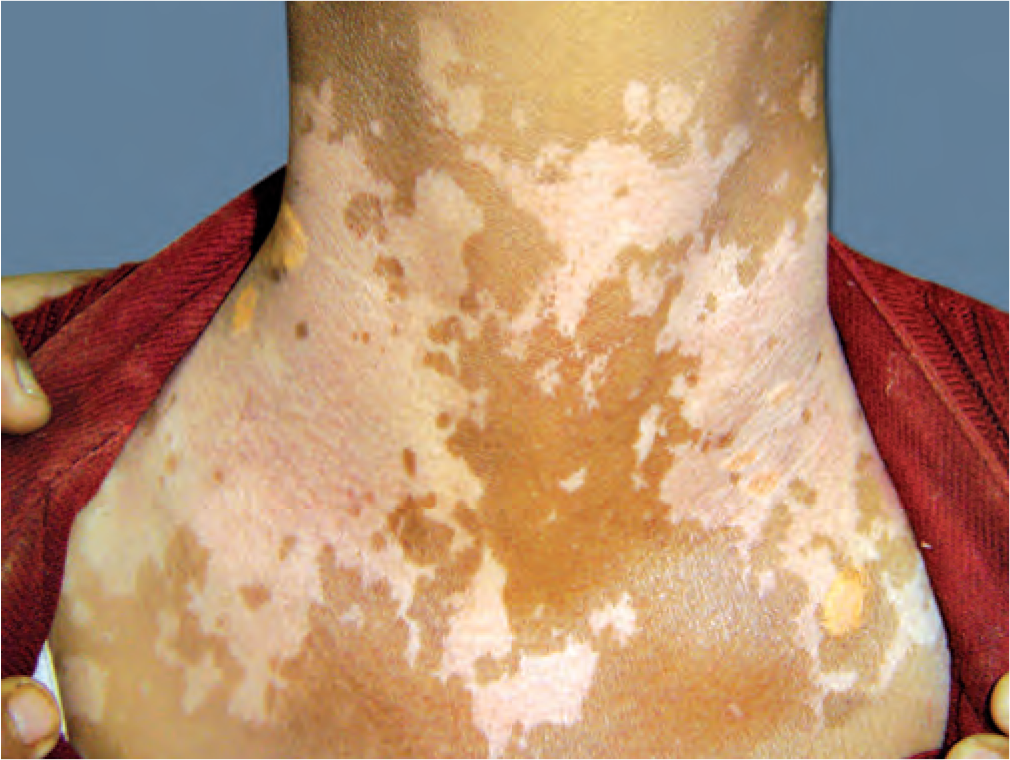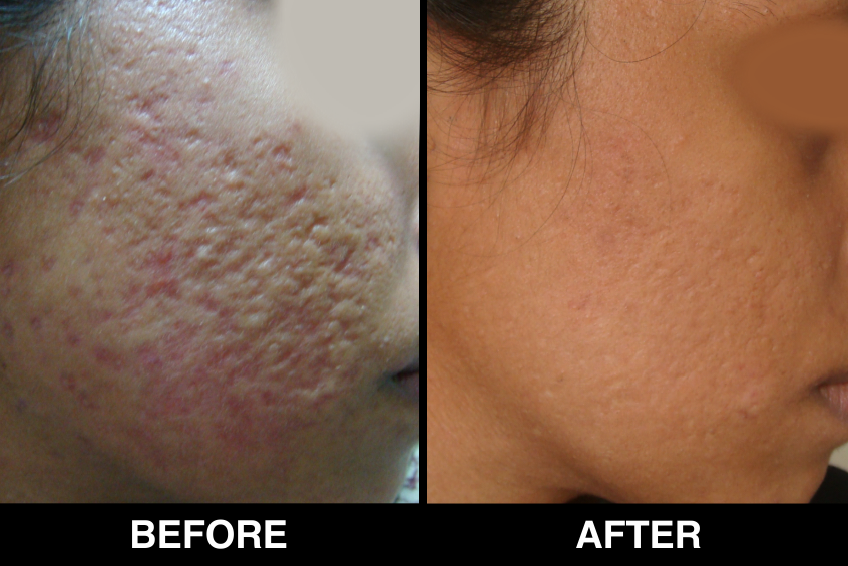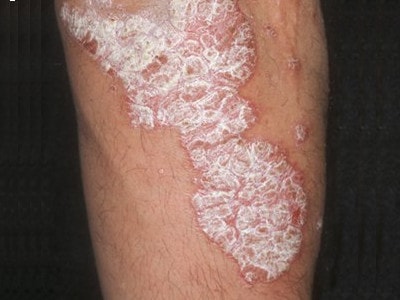Vitiligo is a skin condition that causes patchy loss of skin pigmentation and makes it appear pinkish or white. It affects certain body parts first, giving the person a patchy look and tends to progress over time, affecting larger areas of skin or even the entire body. It is an autoimmune disease and on an average affects 1 in 100 people.
What Is Autoimmune Disease?
To understand this better, let’s understand vitiligo and autoimmunity better. The colour of our skin is because of a pigment called melanin, which is produced by the cells melanocytes. In vitiligo, the body mistakes melanocytes as foreign bodies and kills them, leading to loss of colour. People with this condition have a confused immune system and also carry the risk of having other autoimmune diseases such as lupus, hypothyroidism, and inflammatory bowel disease.
Is Vitiligo Genetic or Hereditary?
Though these words are used interchangeably a lot of times, there is a slight difference in these that determine the type of the disease. Genetic diseases are the ones that are caused by either a defect in a certain gene or set of genes or due to genetic mutation in the body. However, hereditary diseases are the ones that are passed on to an individual through their ancestors in the form of their genetic makeup.
The genetic makeup of an individual result in the formation of various proteins, which lead to physical and genetic variations in every person. So, different variations in genes mean different instructions and hence, slightly different proteins. These resulting proteins look and act differently in every individual and some may affect the melanocytes, thus causing vitiligo.
However, there is no profound evidence on what exactly causes vitiligo or how it appears at any age, in any gender. However, it is said that vitiligo ‘runs in families’, which means it has some genetic basis to it but the inheritance of the disease is multifactorial and involves the interaction of multiple genes combined with multiple other causative factors. Hence, it cannot be said with complete certainty whether the person with a family history of vitiligo will develop it or not. In fact, only 30% of people with vitiligo have a family member suffering from it.
Vitiligo is Genetic
Since everything revolves around the genetic makeup of an individual, it is safe to say that it is a genetic phenomenon, which is further triggered by environmental factors, stress, UV rays, hormonal changes exposure to chemicals, history of other autoimmune diseases, etc.
Researchers still haven’t found out if there is one particular gene or genetic sequence that results in vitiligo but none so far. In fact, we people suffering from vitiligo don’t have any special genes that other people don’t have. It’s just the different variations of those similar genes that result in different types of vitiligo.
So, genes do play a role in causing this diseases since autoimmune diseases are an effect on mutation in genes and there is evidence of hereditary but it is a complicated disease that doesn’t follow the regular hereditary pattern of compulsorily passing on of genes. Which means, a person having vitiligo might not necessarily pass it on to his or her children. Hence, it is safe to say that genes are involved in causing vitiligo but may or may not pass down as a hereditary disease.
What Should You Do?
Kindly consult a dermatologist with an experience in vitiligo and find out the desired course of action. Please do not get overwhelmed by your family’s history since there is no test or procedure to know if you will develop it in future or if you are carrying it.
We highly recommend that you visit an experienced dermatologist immediately after you see the first signs of vitiligo and make necessary changes in your lifestyle. To know more, kindly visit: www.skinlasercentre.com or call 09803029029.
Book An Appointment













